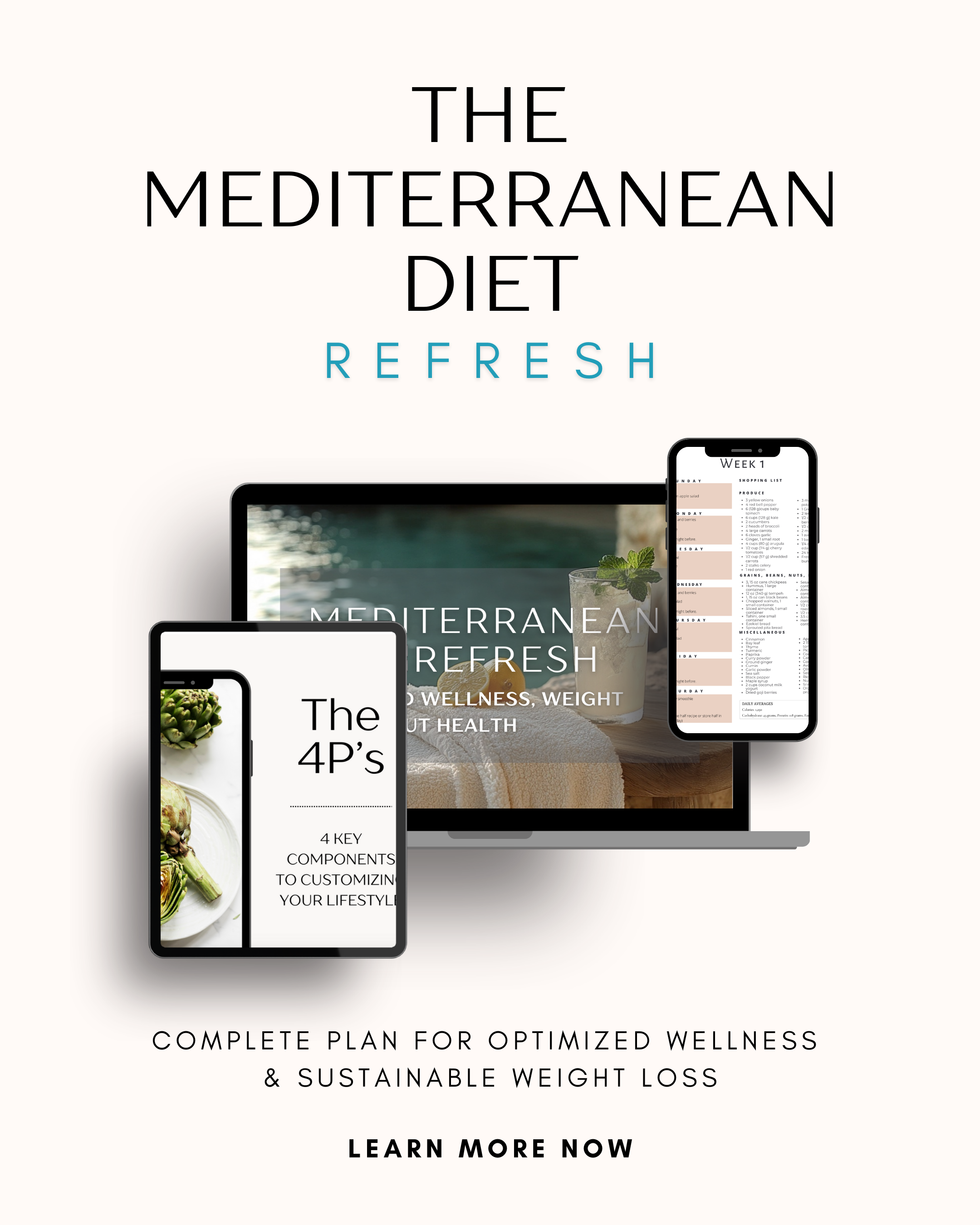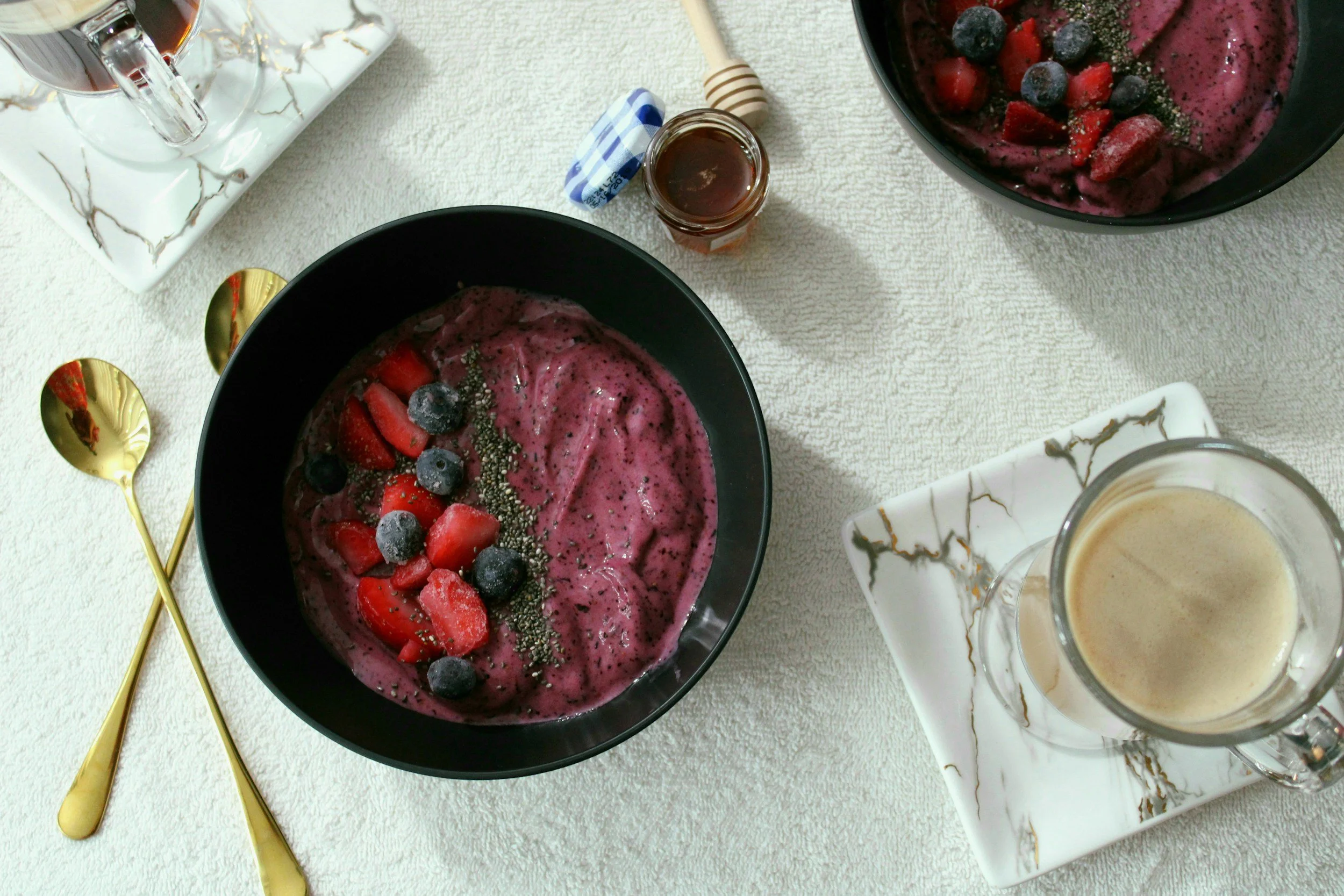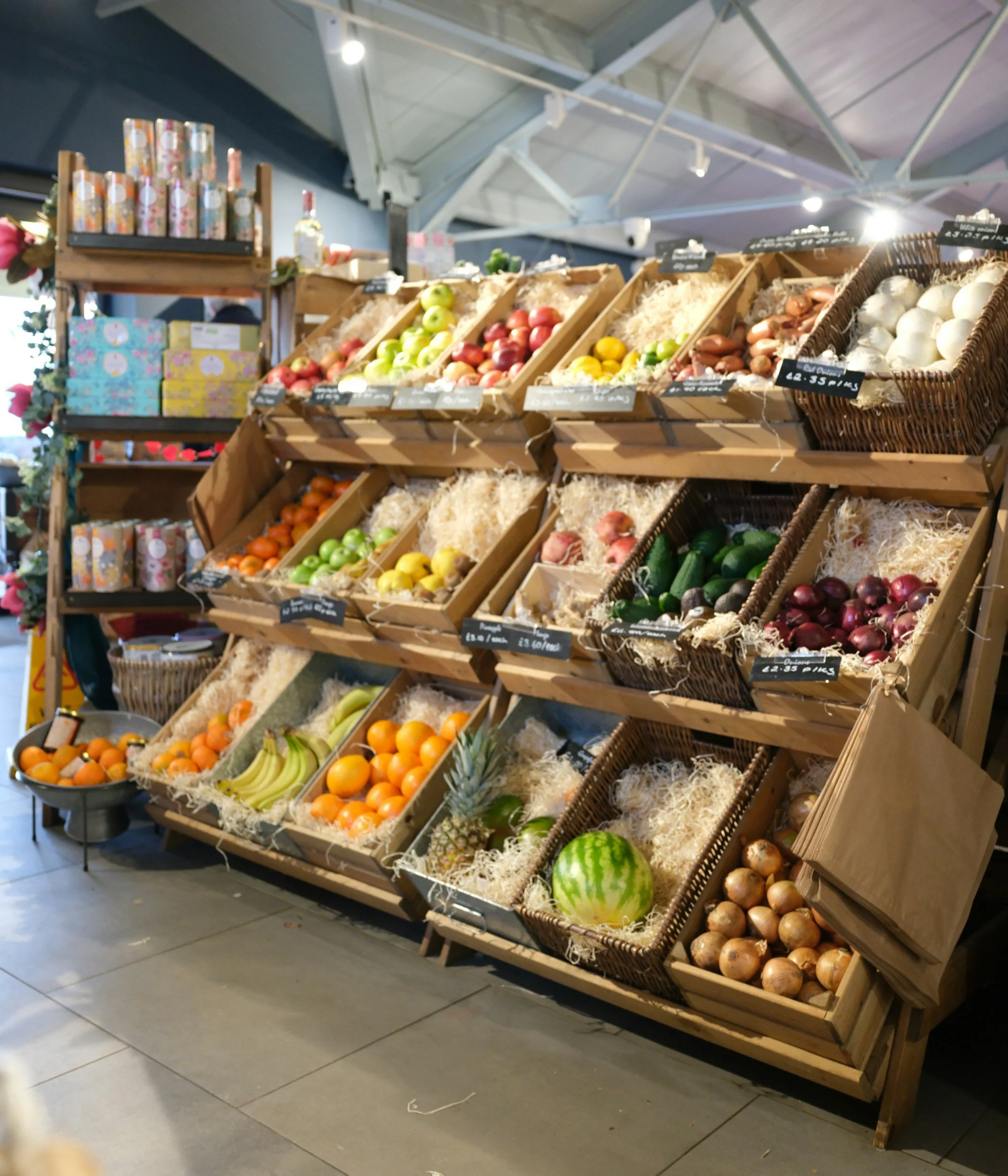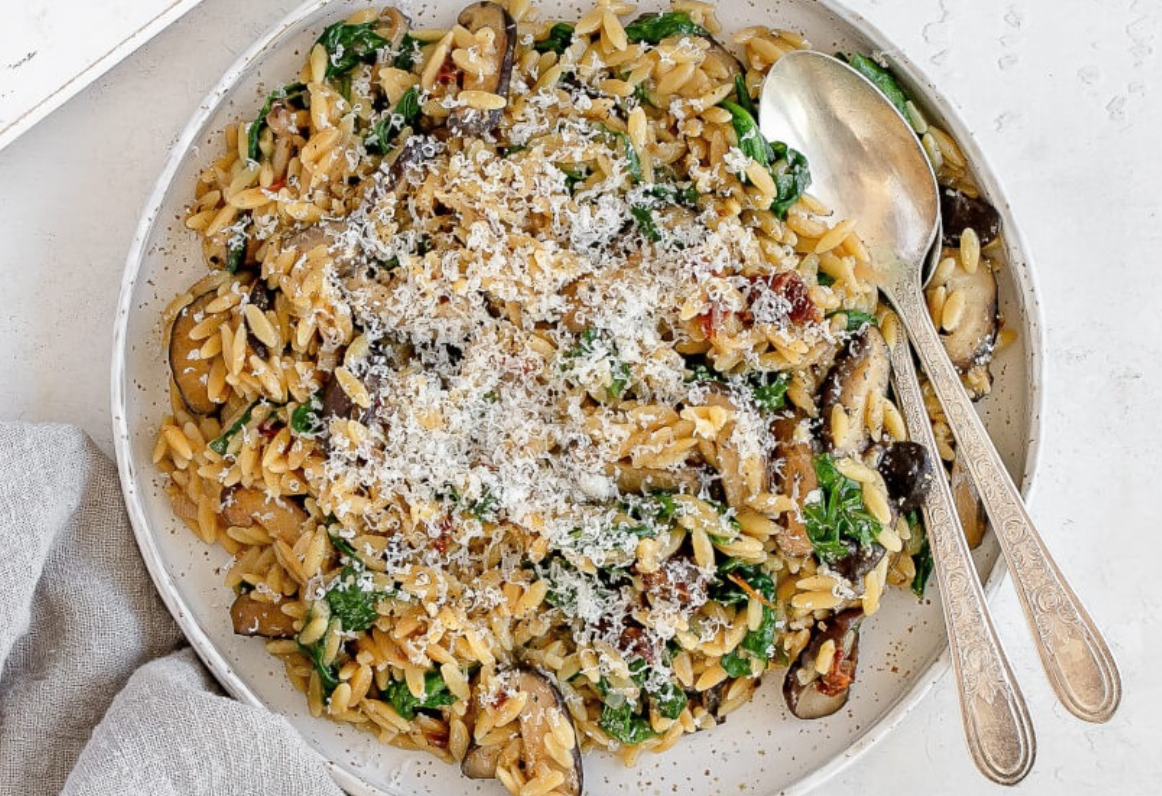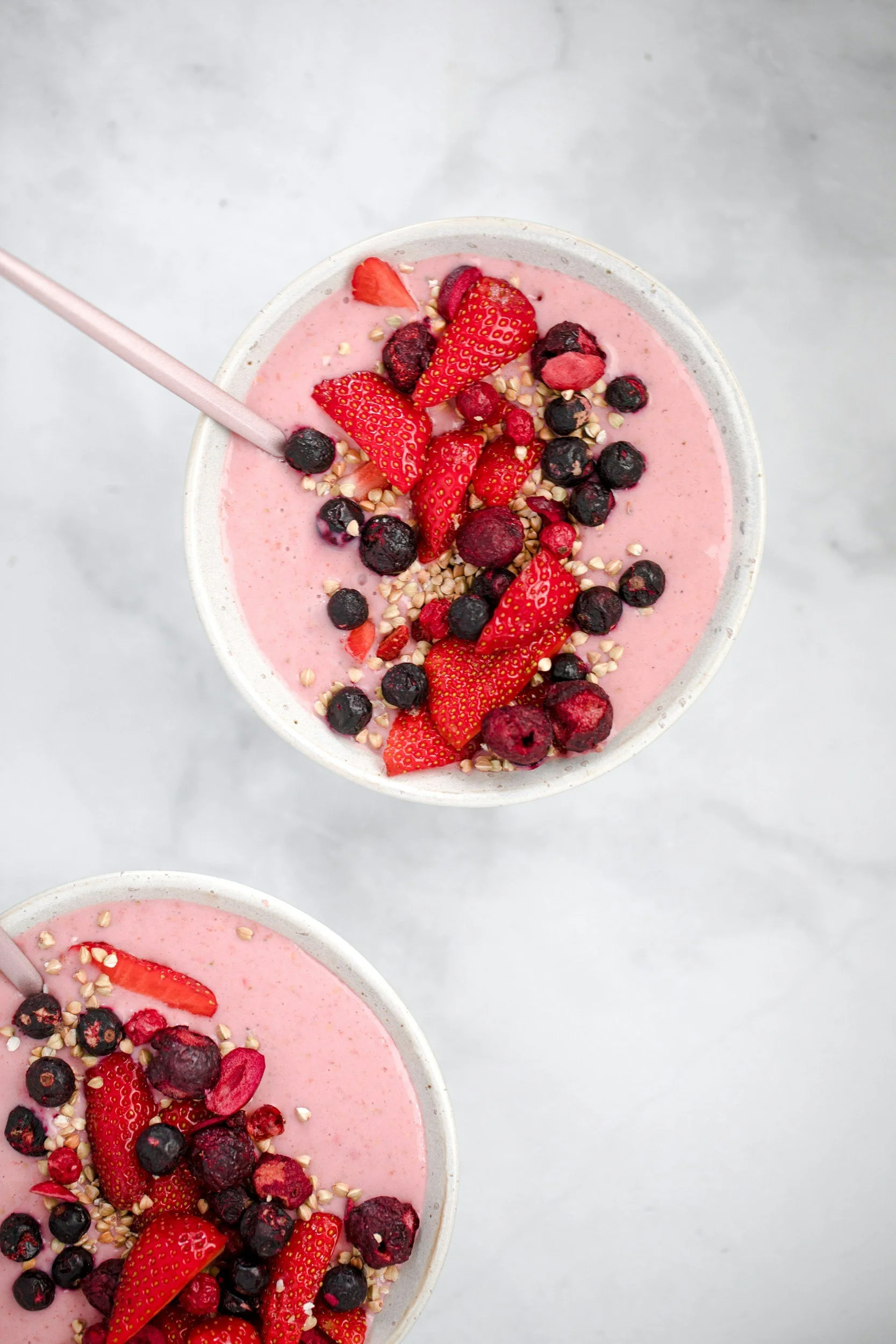Gut Health & Fermented Foods: The Key to Better Digestion, Immunity, and Energy
/Written By: Margot Rutigliano
Gut health seems to be taking a forefront in the health and wellness space and for good reason. Many people think about gut health and know that’s important but aren’t necessarily quite sure why. When we think about health, digestion is often the first thing that comes to mind. But the truth is, your gut plays a massive role in how your body functions—not just in breaking down food, but in protecting your immune system, supporting your brain, and even influencing your energy and mood.
While this article highlights the benefits of fermented foods for gut health, it’s important to remember they’re just one piece of the larger picture. Gut health is a complex, multilayered system influenced by diet, lifestyle, stress, sleep, and more. If you’re experiencing ongoing digestive issues or concerns, be sure to consult with your physician or a qualified healthcare professional for personalized guidance.
Why Gut Health Matters
Your gut is home to trillions of microorganisms—collectively known as the gut microbiome. These bacteria, fungi, and other microbes live in a delicate balance, and when they’re thriving, so are you.
A healthy gut supports:
Strong digestion – breaking down and absorbing nutrients efficiently.
Immunity – nearly 70% of the immune system is located in the gut.
Reduced inflammation – a balanced microbiome helps regulate the immune response.
Brain function and mental clarity – thanks to the gut-brain connection, your gut can influence mood and focus.
Weight management – research shows that gut bacteria impact how your body stores fat and uses energy.
On the flip side, poor gut health—often caused by too much processed food, stress, lack of sleep, frequent antibiotic use, or excess sugar and alcohol—can disrupt this balance. The result? Digestive issues, low energy, frequent illness, or even difficulty managing weight.
How to Support a Healthy Gut
There are many ways to help your gut microbiome thrive: eating plenty of fiber-rich whole foods, staying away from processed foods, incorporating gut-friendly foods like bone broth, probiotic rich items like kefir and kraut. Other ways to support gut health include anaging stress, staying hydrated, and getting quality sleep. One of the most powerful ways is by eating fermented foods.
Fermented Foods & Why They Matter
Fermented foods are naturally rich in probiotics—live “good” bacteria that help replenish and balance the gut microbiome. These foods have been staples in traditional diets for centuries, but many people today are just rediscovering how powerful they can be for digestion and overall health.
When you eat fermented foods regularly, you’re essentially feeding your gut a steady stream of beneficial bacteria that support digestion, immune health, and even mood.
FERMENTED FOODS TO CONSIDER
If you’re looking to add more variety to your diet, here are other fermented foods worth exploring (and where to find them in most grocery stores):
VEGETABLE BASED FERMENTS
Sauerkraut – traditionally fermented cabbage (look for raw, unpasteurized versions in the refrigerated section).
Kimchi – a Korean staple made from cabbage, radish, garlic, and chili, packed with probiotics and antioxidants.
Beet Kraut – fermented beets rich in nitrates for circulation and gut-supportive bacteria.
Fermented Carrots, Radishes, or Cauliflower – can be made at home or bought raw/unpasteurized.
Pickles (Fermented, Not Vinegar-Cured) – especially dill pickles; look for “naturally fermented” on the label.
DAIRY & DAIRY ALTERNATIVES
Kefir – a fermented milk drink (cow, goat, or even coconut milk varieties available).
Yogurt (Live Cultures) – choose plain, unsweetened with “live and active cultures.”
Greek Yogurt – thicker and higher in protein, still a good source of probiotics.
Non-Dairy Yogurt Alternatives – almond, coconut, oat, or cashew-based with added probiotics.
FERMENTED DRINKS
Kombucha – fermented tea with natural carbonation (look for lower-sugar options).
Kvass – traditional Eastern European fermented beet or rye drink.
Water Kefir – a lighter, dairy-free alternative to milk kefir, slightly fizzy and fruity.
SOY BASED FERMENTS
Miso – a fermented soybean paste (great for soups, marinades, and dressings).
Tempeh – fermented soybeans pressed into a firm cake, high in protein and probiotics.
Natto – a Japanese fermented soybean dish, rich in probiotics and vitamin K2.
A Few of My Favorite Fermented Foods
I keep a few go-to staples in my routine that are simple, flavorful, and great for gut health:
Beet Kraut – A tangy, colorful alternative to traditional sauerkraut, packed with fiber and probiotics.
Kombucha – A fizzy, fermented tea that makes a refreshing alternative to soda.
High-Quality Fermented Dill Pickles – Not the vinegar-heavy pickles you’ll find in most jars, but naturally fermented pickles that are alive with probiotics.
Tip: Always check the refrigerated section for fermented foods labeled with “live cultures.” Shelf-stable or heat-treated products often don’t contain the beneficial bacteria your gut needs.
Bringing It All Together
Caring for your gut doesn’t have to be complicated. By eating a variety of whole, nutrient-dense foods and incorporating fermented foods daily, you’ll give your microbiome what it needs to thrive—supporting better digestion, stronger immunity, and more consistent energy.
Even small, simple swaps—like adding a spoonful of kraut to your lunch bowl, sipping kombucha instead of soda, or topping your salad with kimchi—can make a big difference.
Your gut health is at the center of your overall well-being, so start small, stay consistent, and notice how much better you feel when your microbiome is in balance.
GUIDE YOUR WAY TO BETTER GUT HEALTH
Our Mediterranean Diet Refresh provides sustainable gut health education with practical tools and tips to optimize gut health through nutrition and lifestyle.
You’ll also get:
Done for you meal plans
9 week Mediterranean Diet experience
Nutrition and wellness guidance
Gut health education
Weight loss & biofeedback tools
Progress tracking and more!
GET STARTED NOW: The Mediterranean Diet Refresh




